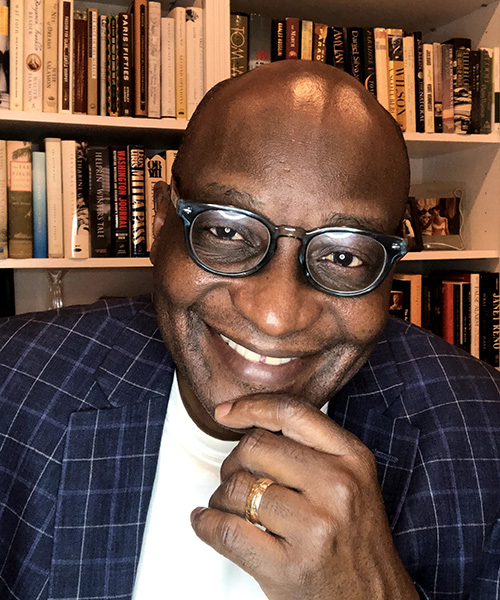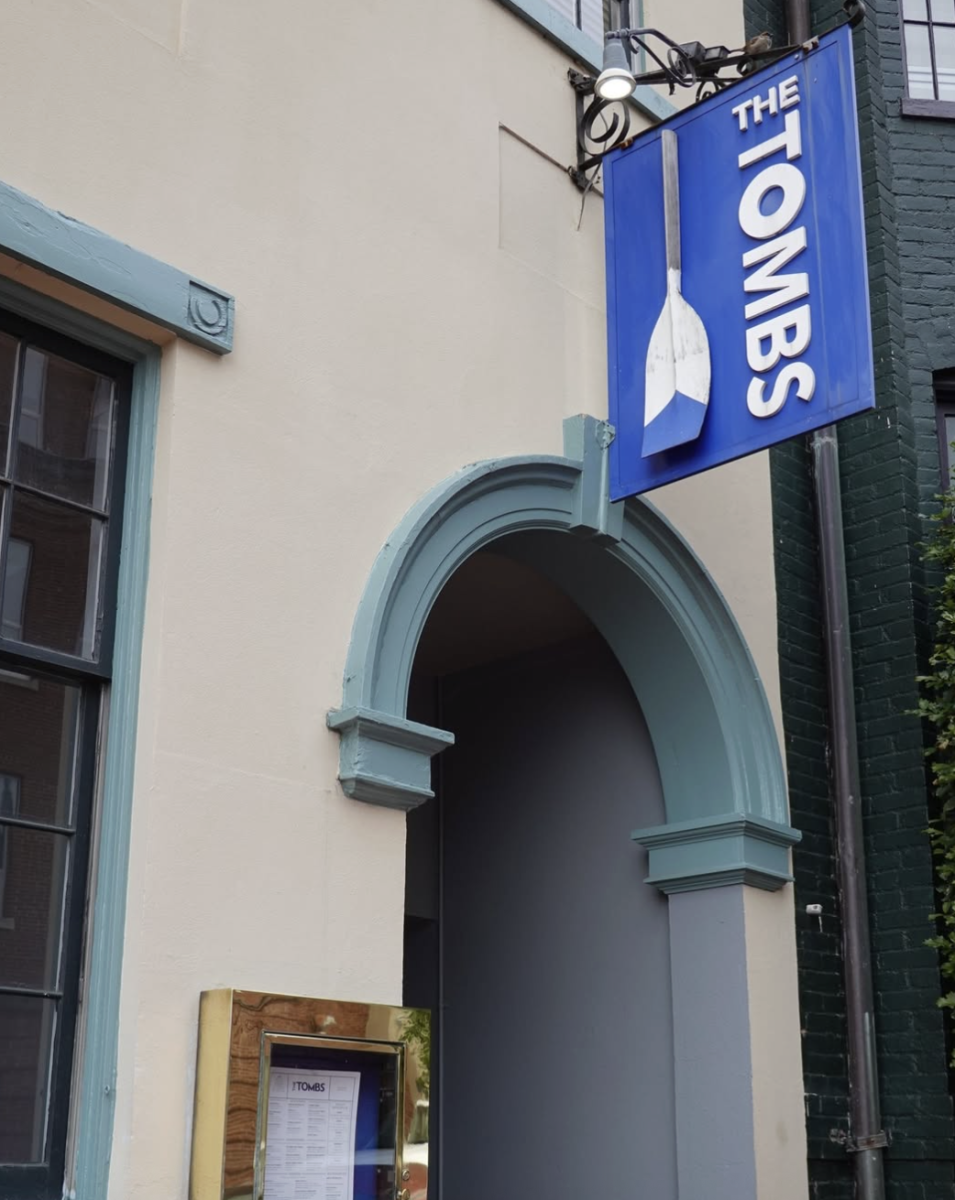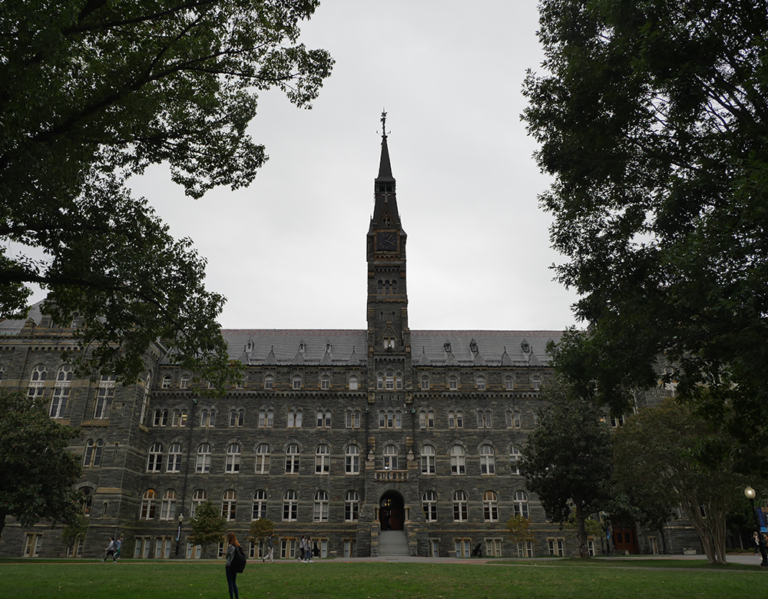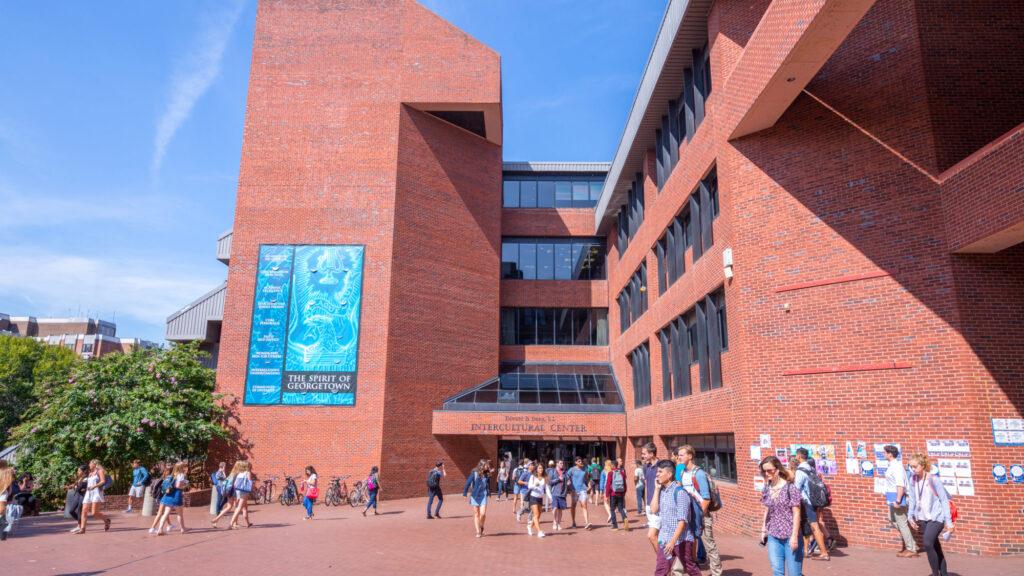A Georgetown University Law Center professor testified before the Senate Committee on the Judiciary, which manages the federal judiciary and law enforcement, about the impact of Trump v. United States, a 2024 Supreme Court ruling that granted sweeping presidential immunity, Sept. 24.
Professor Mary McCord, executive director of the Institute for Constitutional Advocacy and Protection (ICAP), a nonpartisan organization that focuses on defending constitutional protections and civil rights, and visiting professor of law at the Law Center, testified to the committee about the potential consequences of the Supreme Court’s July decision that upended centuries of jurisprudence on presidential immunity. McCord discussed the Supreme Court’s broad definition of the president’s “core constitutional powers,” which it identified as absolutely immune from prosecution, arguing the decision leaves open alarming possibilities for abuses of official power.
During the hearing, McCord delivered a five-minute opening statement, followed by questions from senators. She said she aimed to explain how Trump v. United States could endanger future government operations and undermine the constitutional separation of powers.
“One thing that’s important about this is whether Mr. Trump will ever be accountable for things that, I think, are in violation of law,” McCord told The Hoya. “Second is the impact on the presidency as an office going forward because this really does elevate the presidency over the other supposedly co-equal branches of government.”
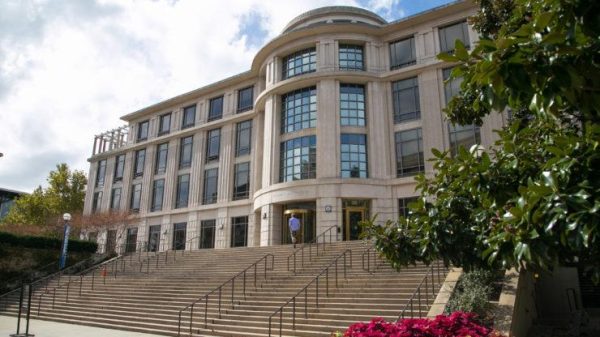
Jacob Glick, senior policy counsel for ICAP who assisted McCord in preparing her testimony, said the presentation aimed to highlight how the ruling could dramatically reshape the nature of presidential power.
“The lack of limiting principles that would govern the majority opinion is alarming,” Glick told The Hoya. “You have, essentially, guardrails being bulldozed around the traditional conception of presidential power and of the rule of law generally, and the majority doesn’t really take any steps to address that.”
McCord said she wanted to focus on this case because it was unilaterally transformative in U.S. law.
“This opinion, to put it in its starkest terms, is almost like a license to be corrupt and abuse official power,” McCord said.
McCord said her goal was to inform both the Senate Committee on the Judiciary and the general public about the decision’s far-reaching impacts and its potential to fundamentally alter the nature of the presidency.
“The idea is to provide information in a format that people can understand that this could have real consequences for people in this country,” McCord said. “This is something that I think the American people should have a strong interest in, Congress should have a strong interest in, and the judiciary should have a strong interest in.”
Glick said he worked on predicting hostile questions from senators by drafting potential responses, which McCord then rehearsed in a moot hearing where staff members acted as committee members.
“Helping to think through potential responses to questions she might get about the decision was really important because we want to make sure that Mary goes before the committee and is able to — as she did — speak clearly and convincingly about the content of her testimony about the importance of the topic overall,” Glick said.
Sophie Gelber (LAW ’25), a member of McCord’s constitutional litigation practicum, contributed to the preparation team. She said she collected scholarly opinions and commentary about the case to help inform the written and spoken statements.
“I was making sure that she had a sense of the general landscape of different commentators and scholars across the ideological and legal theoretical spectrum — all of what was being said about this opinion because it’s important to know what people are talking about,” Gelber told The Hoya. “I was making sure she had materials near her or in front of her when she needed.”
Gelber said ICAP’s integration of the theoretical study of the law with practical applications has given her a unique perspective on constitutional advocacy.
“These are the smartest people I’ve ever had in my life,” Gelber said. “It’s an opportunity to work with people who do the kind of work that motivates me and is the reason I went to law school.”
Glick said the Trump v. United States ruling cannot be remedied by congressional statute, so public opinion is even more important.
“I think it’s really important to have the facts out there, even if there’s no immediate action Congress can take because ultimately it’s up to the public to decide how they want to react to this opinion,” Glick said. “Hopefully Mary’s testimony is some small part of the effort to make the public more aware of the dangers of this decision.”





